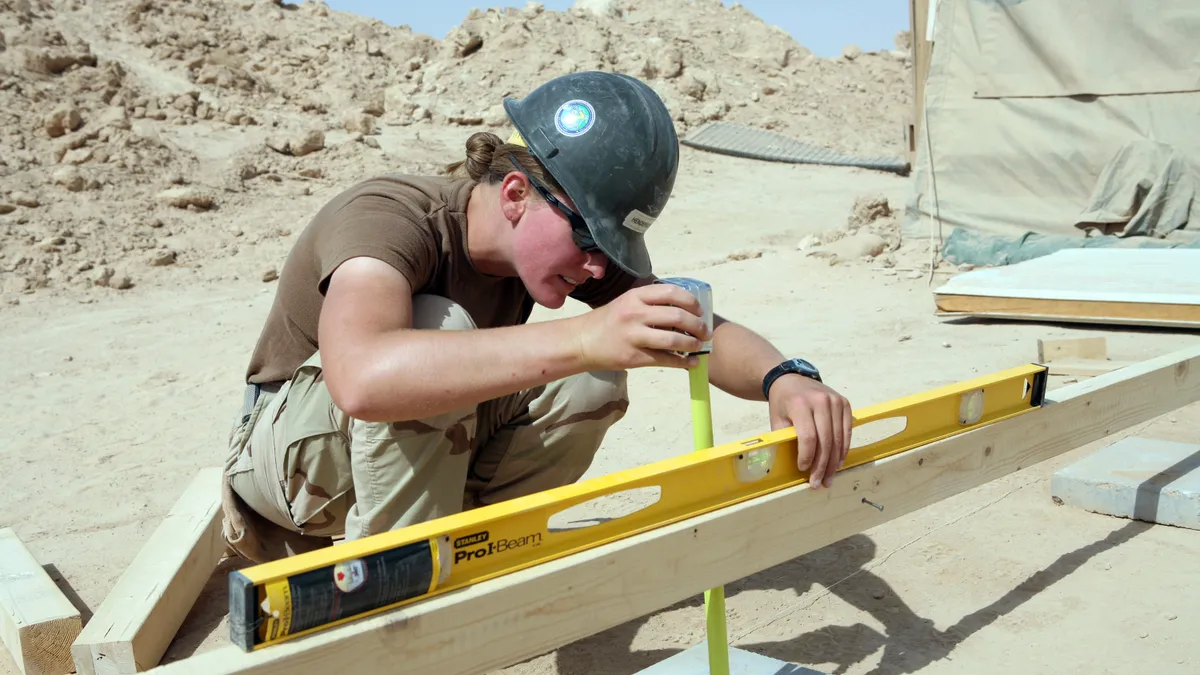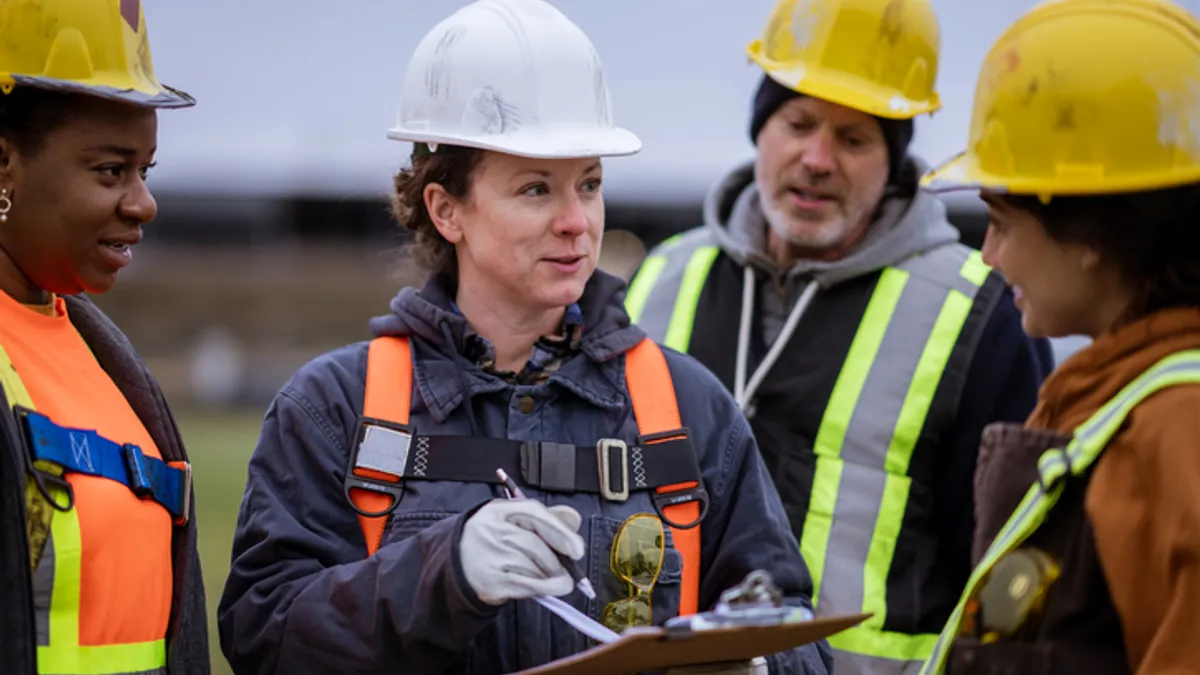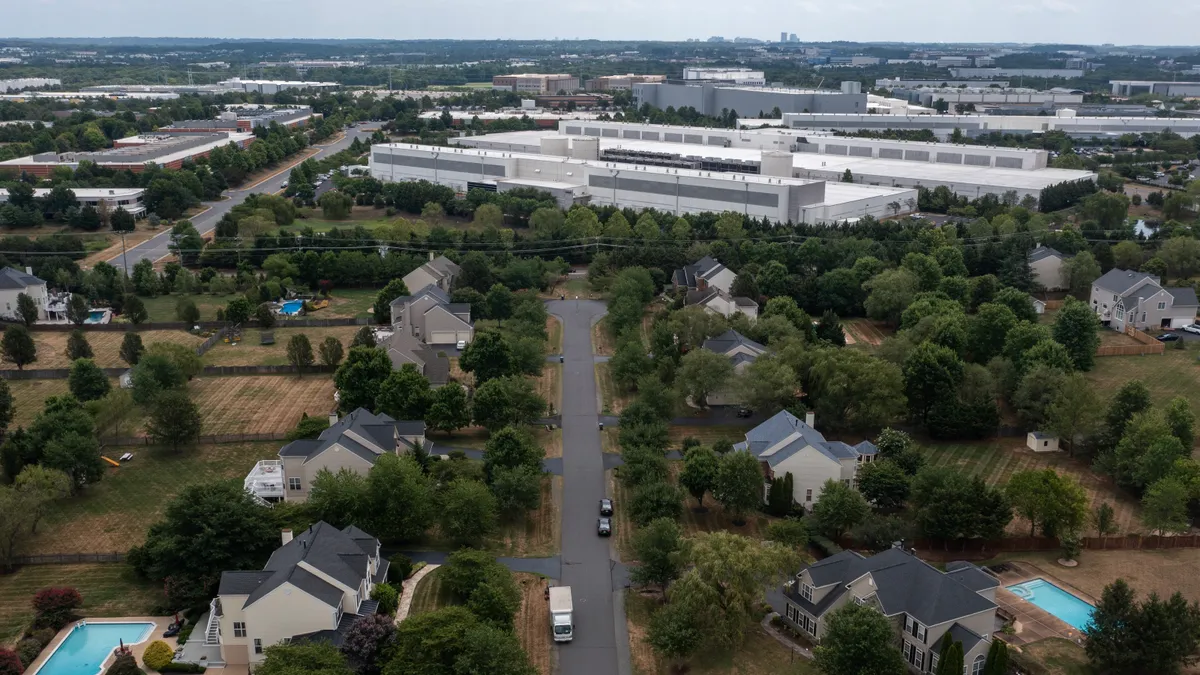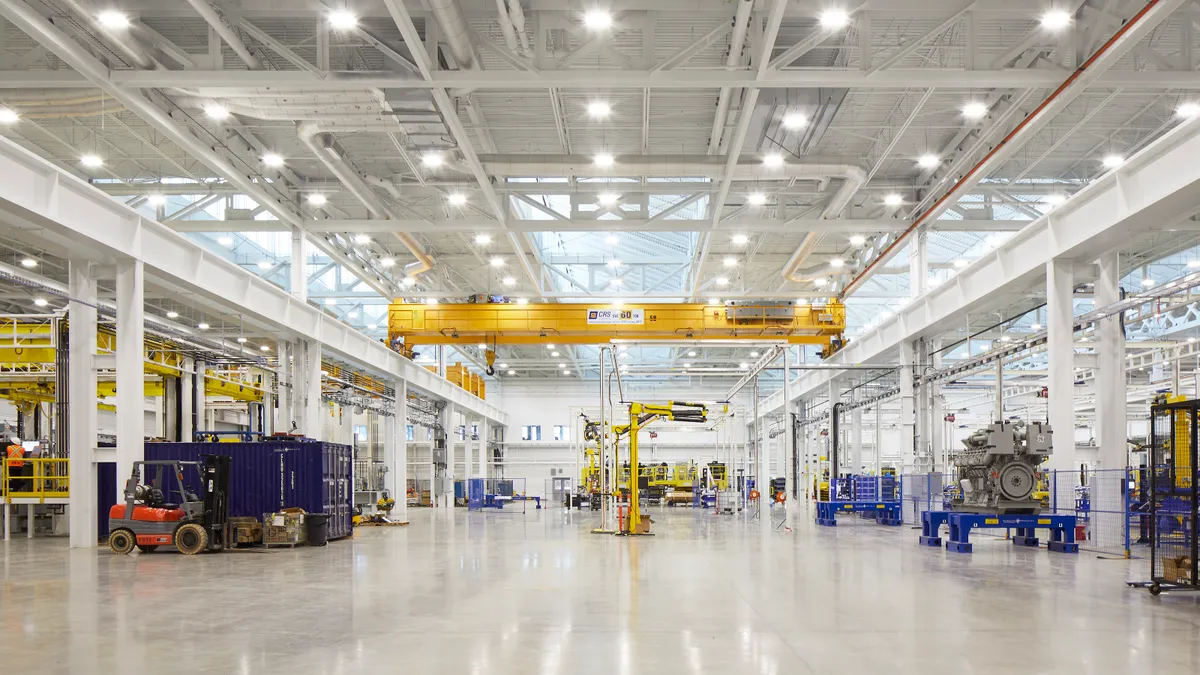The U.S. construction industry is in the midst of an ongoing skilled labor shortage, with 86% of contractors, according to the Associated General Contractors of America, reporting difficulty in finding qualified trade workers and other skilled employees.
However, the industry is also facing another shortage — women in the construction trades. Women represent half of the population in the U.S. but, according to a 2014 Bureau of Labor Statistics report, women make up less than 10% of the construction industry workforce. Some groups, like the National Women’s Law Center, peg that figure at 3%, although organizations like the AGC contend their numbers include only women in the field, and not those in administrative or professional positions.
Where are the women?
Regardless of which number is used, both figures reflect the fact that most women haven't considered construction in their job search. But why don't women represent a higher percentage of construction employment?
Attorney Carrie Rodgers, of Moye White in Denver, said many young women — and men — are under the impression that there isn't much money to be made in construction. "They think they have to be a Steve Jobs to make money. They could not be further from the truth," she said.
Rodgers, who tutors women in the construction trades and teaches an annual class offered to women and minority contractors by industry giant Turner Construction, said even geography shouldn’t prevent someone from cashing in on a construction career. If someone in a small town is "one of two electricians and plumbers," she said, that person is "going to make a good living."
Another issue keeping women out of the trades, according to Louis King, president of Summit Academy OIC in Minneapolis, is a lack of women role models in the industry, as well as a welcoming environment for women.
King, whose Summit Academy trains women for careers in construction trades, said, in the past, women have experienced difficulty finding both a supportive learning environment and workplace environment. Summit provides a place for them to "just come in and do what they need to do without harassment or being treated as second class-citizens," he said.
Sarah Carr, vice president of operations/education services at McCarthy Building Companies in California and co-founder of Women in Construction Operations, cites the lack of leadership roles among women as a problem throughout the industry. "It is sometimes difficult to imagine where you could go if you don’t have a role model to aspire to," she said.
King also said the dearth of role models affects future career opportunities as well. "Seeing somebody else do it first means they can tell you how to do it," he said. "So it’s not just about the modeling." He said women’s success in construction also relies on finding a mentor and forming a social network.
Carr said the industry also lacks cross-gender mentoring. Whether it’s a woman or a man doing the teaching, she said, "both can learn a lot from each other."
Obstacles to entry exist, but King is eager to dispel the notion that women are intimidated by the traditional job site sea of male testosterone. He said many of Summit’s women trainees grew up around family members in construction and came back to the industry after having families and trying other careers. "Our average woman is in her mid-20s to late-30s, so they are a mature crowd and very confident. They know how to get sassy and just keep moving."
See Also: 5 women transportation leaders share their experience
Initiatives in place
There are initiatives across the country that promote careers in the trades, providing the educational and career placement opportunities women need to get started on the construction path. A leader in the field is The National Center for Construction Education and Research (NCCER). The NCCER is partnered with the University of Florida's M.E. Rinker, Sr. School of Construction Management, and, along with private companies and industry associations, has developed a curriculum and training standards with the goal of producing qualified craftsmen in more than 70 trades. The NCCER also offers the HRCC Build Your Future scholarship, which offers training and career development programs in construction.
Women’s industry associations like the National Association of Women in Construction, the National Association of Professional Women in Construction, the Women Contractors Association and Women Construction Owners & Executives USA also have leadership and professional development programs, as well as job networking opportunities.
The one initiative that has the potential to make the biggest impact on the future of women in construction, King and Rodgers said, would be the reinstitution of more shop and trade programs at the high school level. They hope the current labor shortage will be the impetus the government needs to put those back in place.
Of course, this would require society to come to terms with the possibility that the long-espoused goal of a college education might not be for everyone.
King said he believes there is no choice but to bring back trade classes in high schools as an alternative to college, and he said that’s a good thing. "This whole fixation on college — kids have a lot of debt and can't get a job," he said. "Here's a quick way to do it. Get a certificate, have a career, be your own boss. I think we'll see it."
Rodgers added, "There’s an awful lot of work to be done, and I think it’s got to start at the school level and work its way up." She suggested hands-on seminars in high schools where young girls could see a day in the life of a woman at a construction site, for example. Again, she said, young women have to be made aware of the money at stake.
"College is not necessarily the way to riches anymore," she said. "There’s a saying — if you have a trade you always have a job, but, if you just have a job, you'll only have that job as long as they want you."
King said his program is proof that construction training is the smart way to go for women of all ages. "We're not having any trouble placing our women," he said. "Employers are looking for women to help them, but they're looking for the best people they can find, and we produce them."
Finally, Carr said she believes that women need to realize both the tangible and intangible benefits of the industry. "Construction can be a very rewarding industry," she said. "You get to be part of a team that is able to build something that will benefit the community in some way. A new school, hospital, library, bridge all impact the people in that community, so you are able to be part of a bigger picture."




















